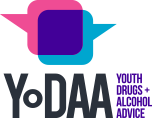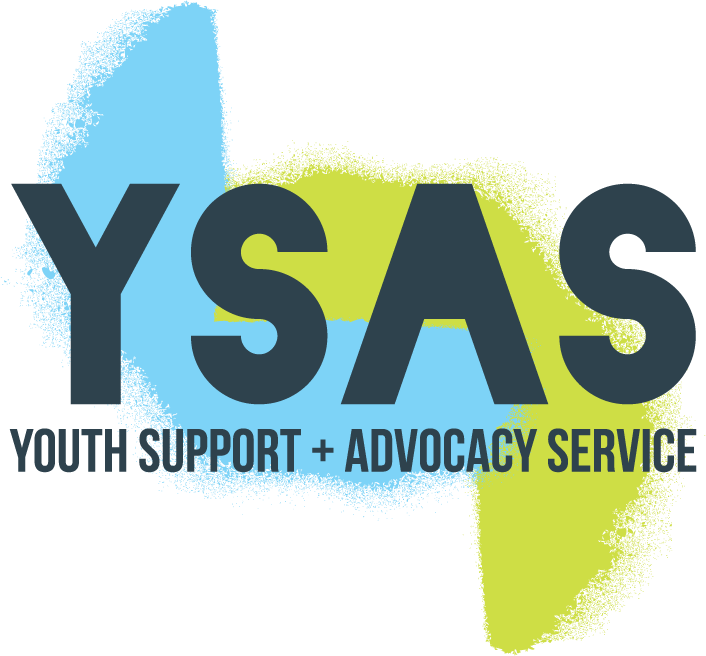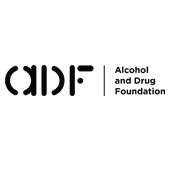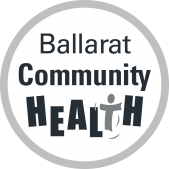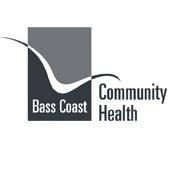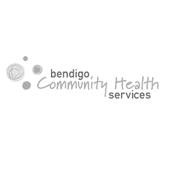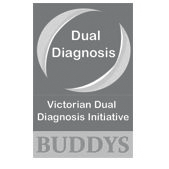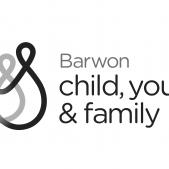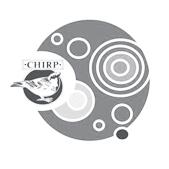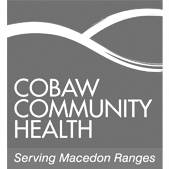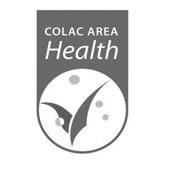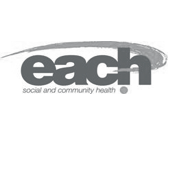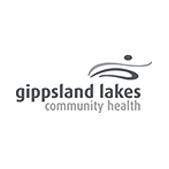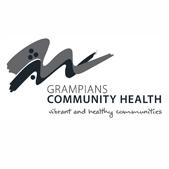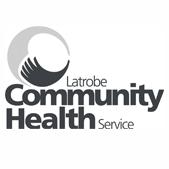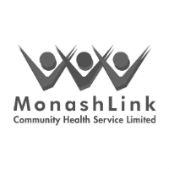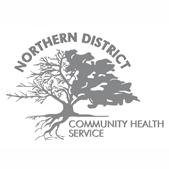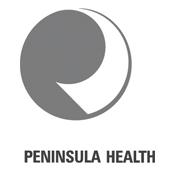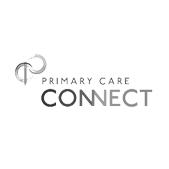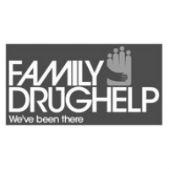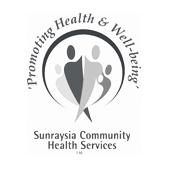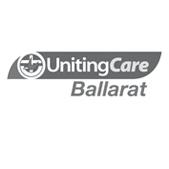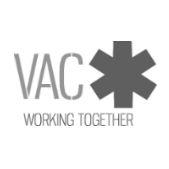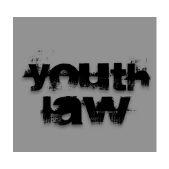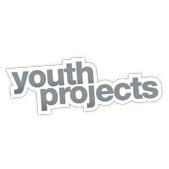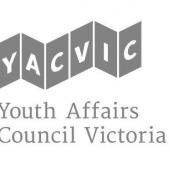Youth AOD Work
Signs and Symptoms of Trauma
Is a young person you work with easily startled or often tense an on edge? Complaining of fatigue or trouble sleeping at night? Do they have poor concentration or react strongly to particular tastes, smells or sounds?
Most Youth AOD workers will be able to identify common signs and symptoms of trauma such as nightmares and flashbacks, but here are a few you may not be aware of.
- Behavioural – withdrawal, avoiding reminders of the past, hyper vigilance, acting out and agitated behaviour, substance use, being easily startled.
- Thoughts – decreased memory, decreased attention and concentration, poor problem solving and decision making skills, suspicion and paranoia, blaming self and others.
- Emotional – anxiety an panic, depression, feeling tense or on edge, anger and irritability, sudden mood changes, fear, sadness, denial and guilt, numbing and avoidance, feeling powerless and controlled.
- Interpersonal – difficulty forming trusting relationships, communication problems, social isolation, sense of persecution.
- Physical symptoms – headaches, insomnia, dizziness, difficulty breathing, heart palpitations, muscle tremors, fatigue and sensitivity to sights, sounds, smells, touch and taste that may be a reminder of a traumatic experience.
Sadly, trauma effects many of the young people we work with. Check out these useful questions to ask and tips for talking about trauma.
The information in this article has been Reprinted with permission from VAADA and has been taken from the wallet-sized prompt cards developed for workers. For info on where to get these cards contact VAADA. Also check out the Trauma Informed Care Module in the Youth AOD Toolbox.
